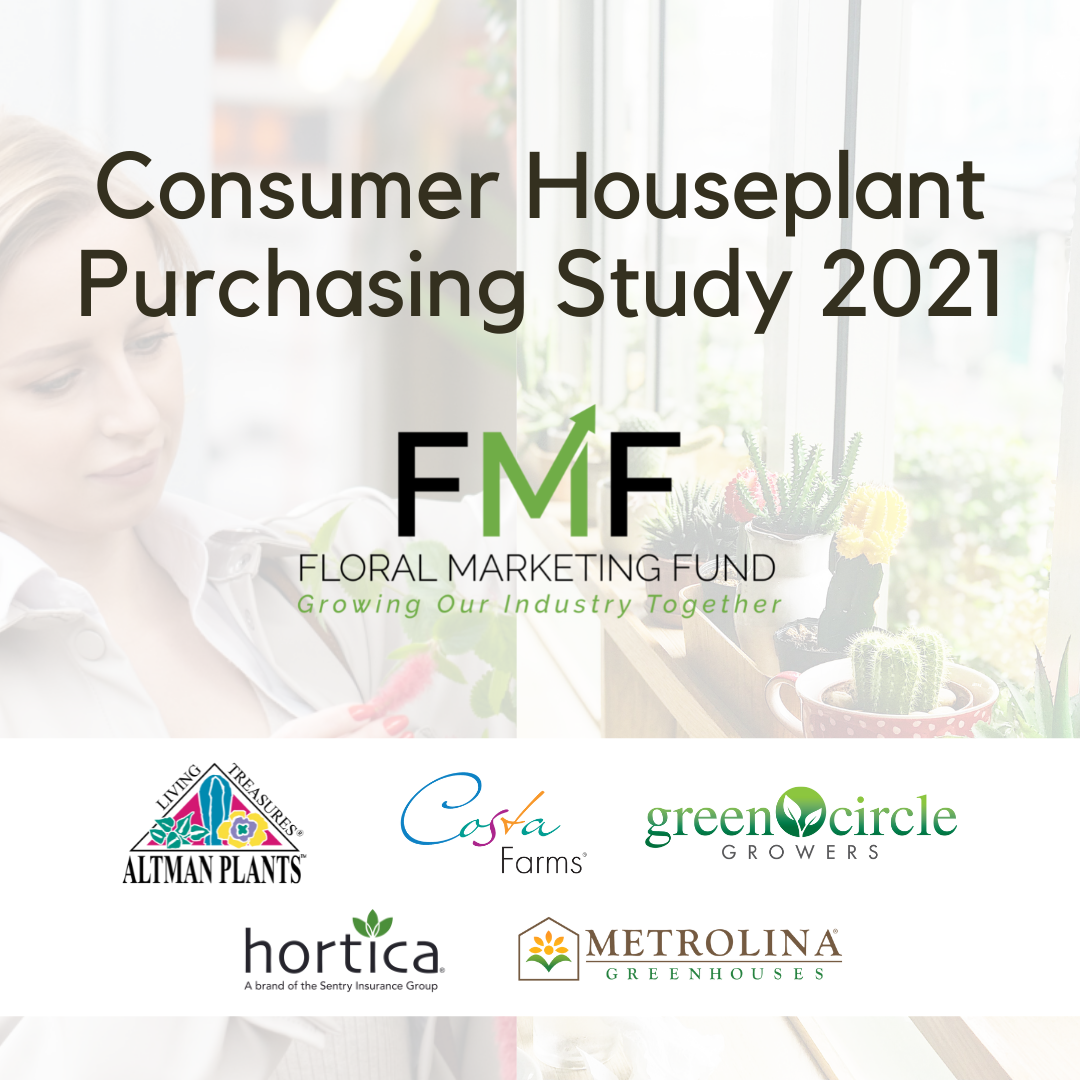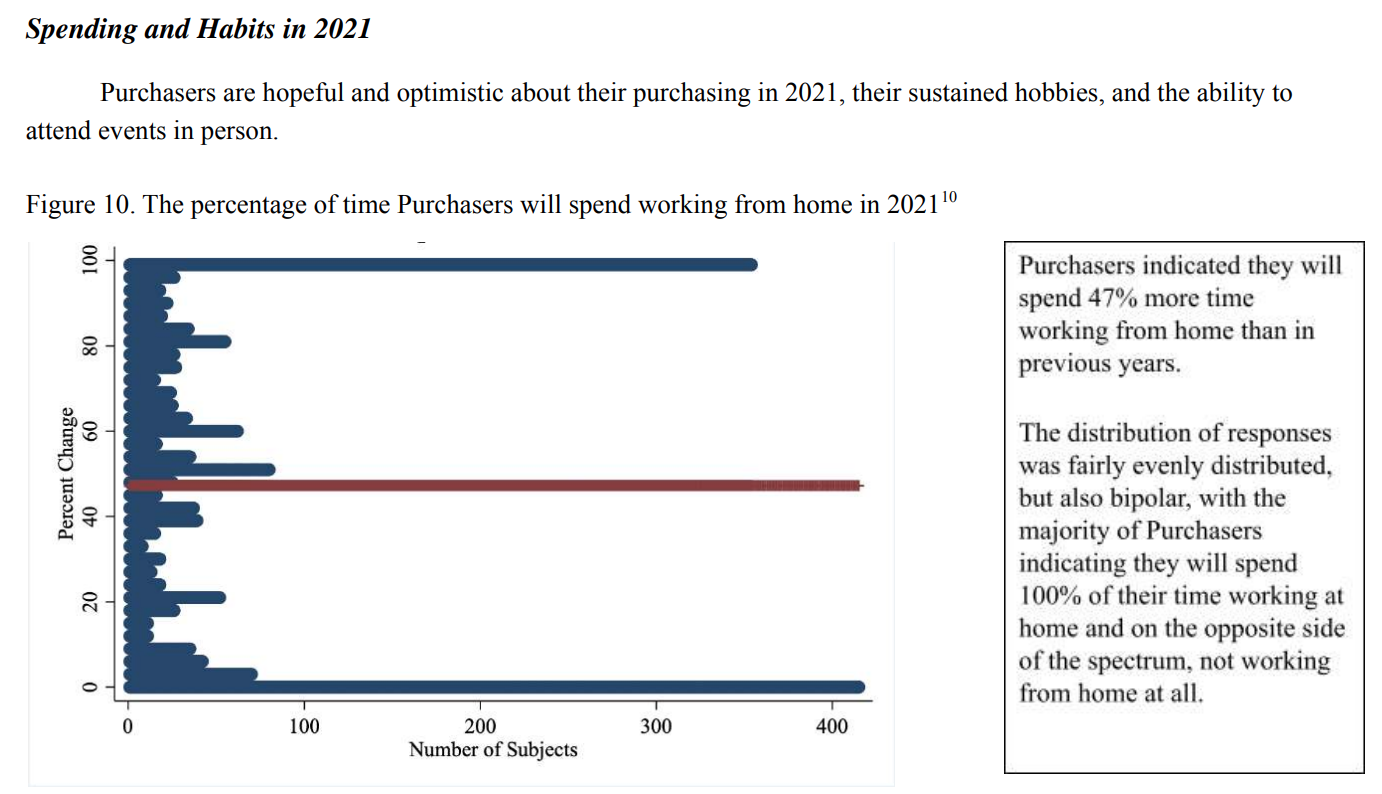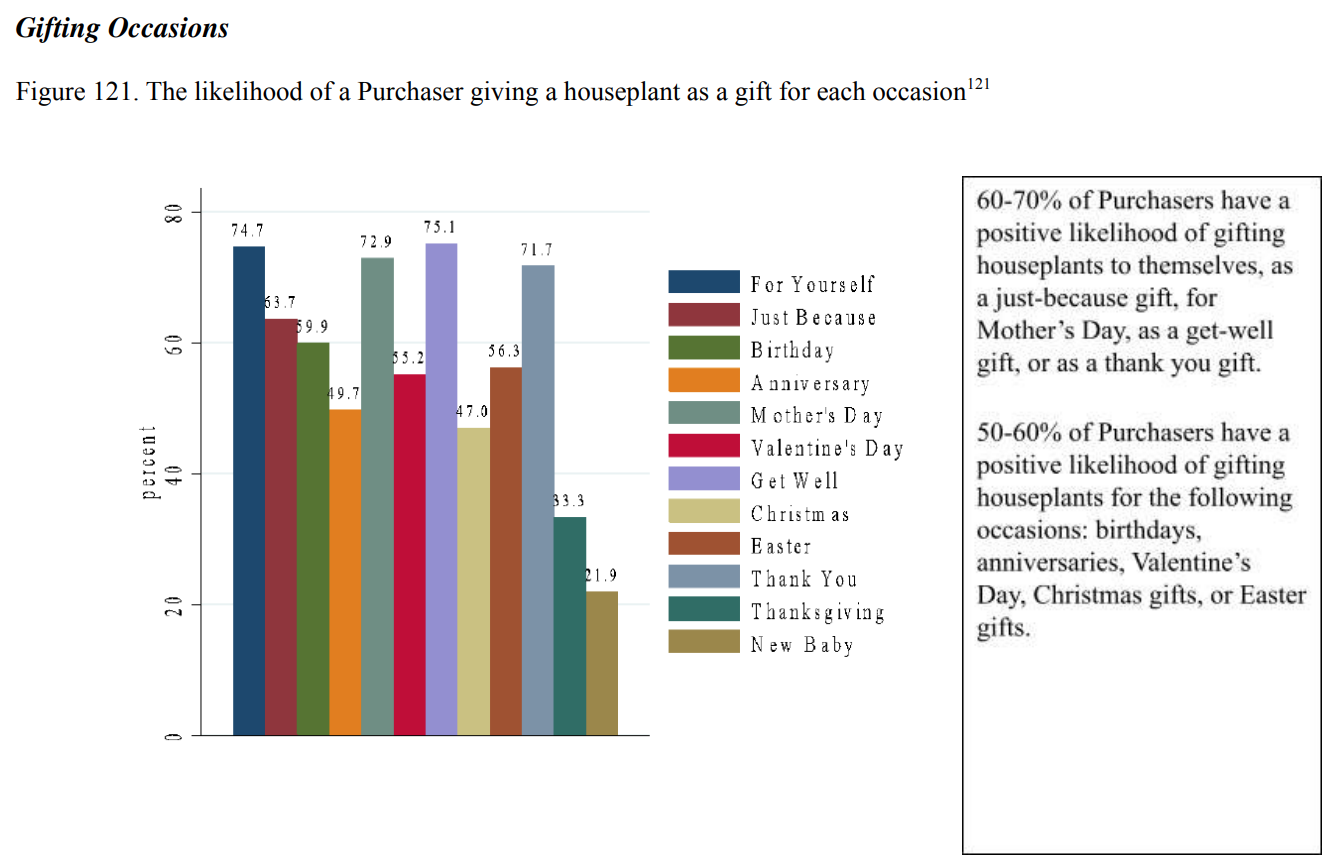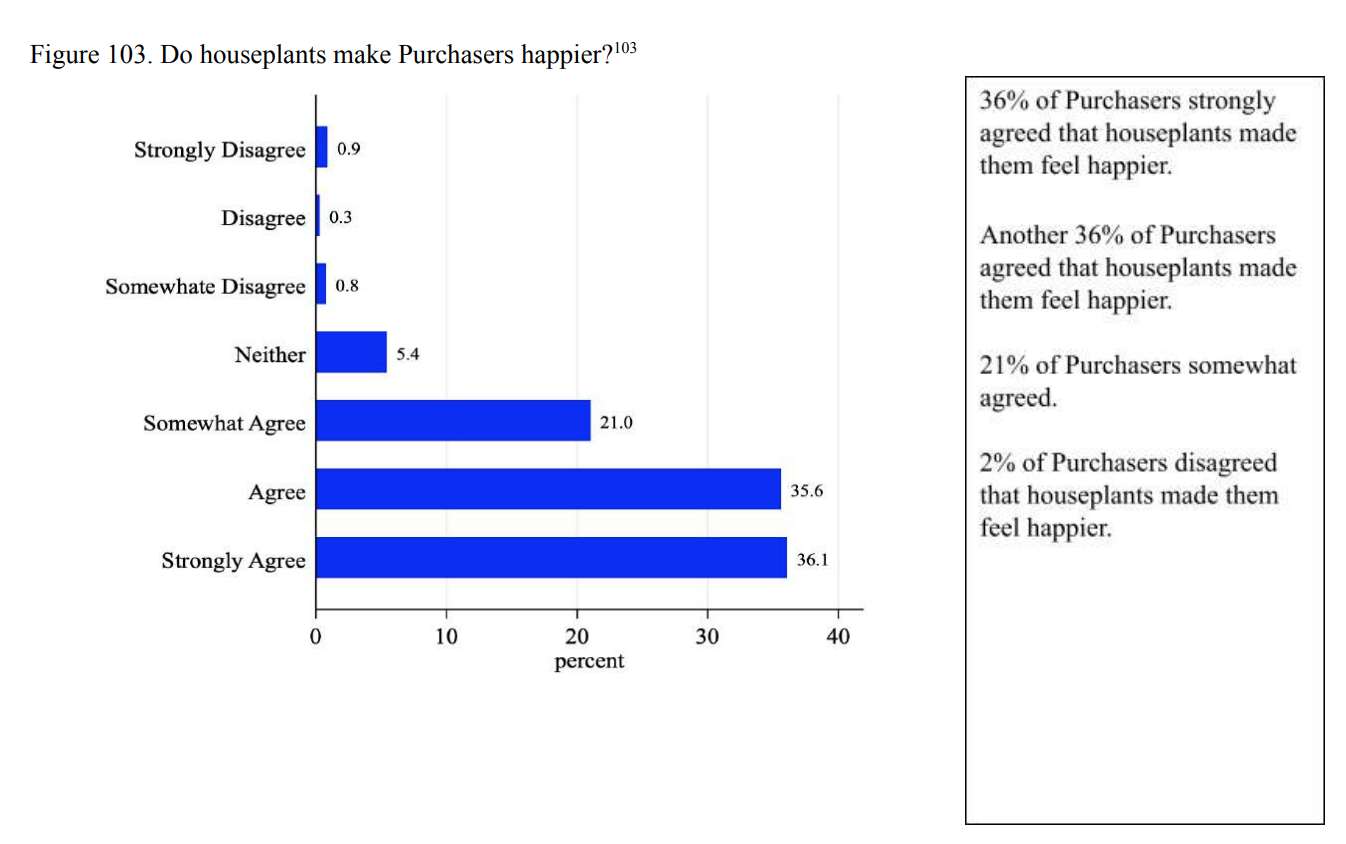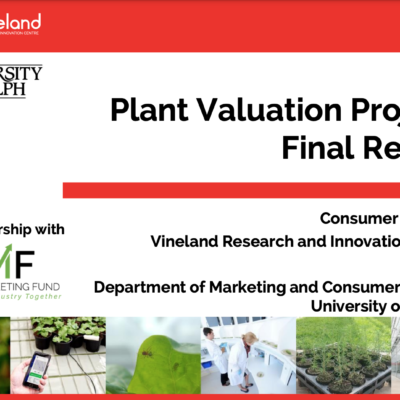Description
The Floral Marketing Fund (FMF), alongside co-sponsors Altman Plants, Costa Farms, Green Circle Growers, Hortica, and Metrolina Greenhouses, are pleased to release the results of a consumer preferences study about houseplants conducted during the COVID-19 pandemic. The results address trends in houseplant purchasing, which has seen growth throughout the pandemic, exploring underlying motivations, documenting emerging trends, and allowing the industry to fully capture the opportunity that this increased interest affords.
The study was conducted by researchers Dr. Melinda Knuth, NC State University, Dr. Hayk Khachatryan, Mid-Florida Research, and Education Center, UF/IFAS, and Dr. Charlie Hall, Texas A&M University.
To better understand the rising popularity of houseplants over the last decade, this study addresses the gaps in information that speak to the main drivers of consumer usage. Most recently, due in part to COVID-19, sales have seen further growth because people spend more time at home and engage in more plant-related activities. The results of this study help to gain a more comprehensive understanding of motivations for plant purchasing during COVID-19 and determine how the industry can sustain this positive growth as consumers return to their “normal” life and work activities.
The Consumer Houseplant Purchasing Study focuses on houseplants specifically. The study answers questions like:
- What type of outlets do different consumers prefer to shop for houseplants?
- Why do older consumers have a lower affinity to buy houseplants?
- Which houseplant categories are best liked?
- To what extent do value-added attributes like decorative pots increase the probability of purchase?
The study collected data through an online survey providing a national sample. All six industry supporters, including the Floral Marketing Fund, Altman Plants, Costa Farms, Green Circle Growers, Hortica, and Metrolina Greenhouses, provided input on the survey questions and layout. This collaborative effort between the researchers and sponsors led to more impactful data for the industry. In the core section of the survey, subjects observed a subset of houseplant images and rated their likelihood to purchase, acceptable price range for the houseplant, and stated their perceptions of the level of care they associate with the plant. The survey could then show comparisons between 2021 and the results of the past pre-COVID survey in 2019.
Some highlights from the finding include that purchasers of houseplants during COVID want and are willing to pay price premiums for quality houseplants that are: (a) attractive and augment their living spaces and (b) are beneficial to their physical and mental health. These consumers have demonstrated that they enjoy engaging in houseplant-related activities and will likely continue to engage in those activities post-COVID.
Respondents also indicated that houseplants are not only appropriate for gifting, but also for use during general occasions, like when hosting guests or decorating the workplace. They also indicated that they purchase houseplants “just because” or they purchase because the buyer wants the houseplant to care for and nurture for themselves. This is good news for the industry, offering multiple opportunities to position marketing campaigns and messaging to encourage both initial and repeat purchases.
Houseplant purchasing does not seem to be slowing down, as some in the industry felt might happen. Yet, evaluating this information over multiple years to show purchase trends may be beneficial to support any expansion plans by industry firms. View the study to find out more on purchasing behaviors, pricing, insights on non-purchasers, and more.
The FMF thanks all co-sponsors and the researchers for making this impactful study possible.
See the Results:

